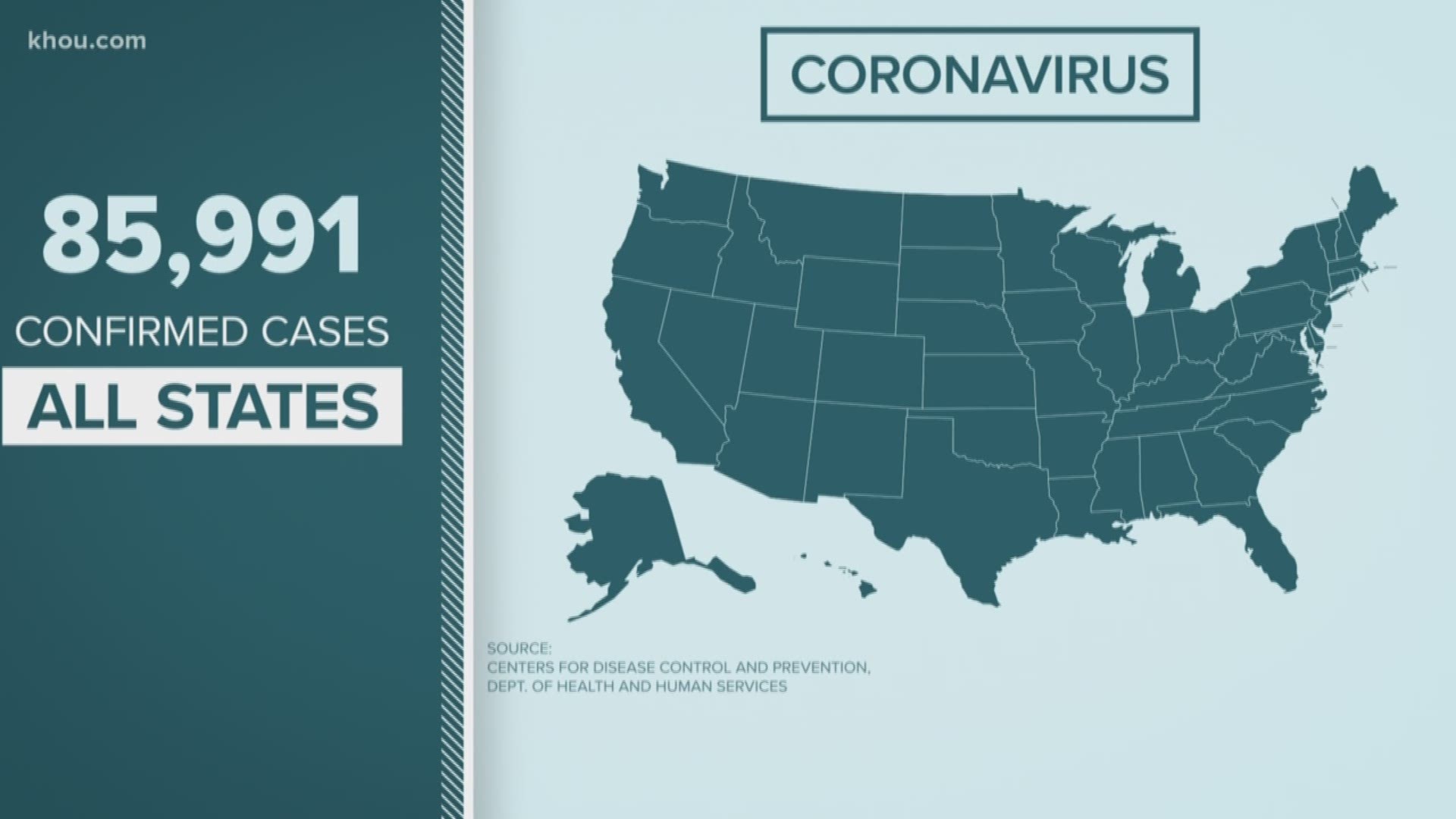HARRIS COUNTY, Texas — “I’m advocating for what’s right.”
That was the start of a series of tweets from Harris County Sheriff Ed Gonzalez who said he supports the release of non-violent, elderly offenders with serious underlying health conditions before a coronavirus outbreak takes over Harris County Jail.
But the process is not going to be easy, Sheriff Gonzalez hinted.
“I am but one actor in a larger criminal justice system,” the sheriff tweeted. “I do not hold the authority to release. We are dependent on others that do hold the authority.”
Sheriff Gonzalez said as of now, Harris County jail is not in crisis and he does not support a mass release. But he supports releasing offenders in greatest need in order to give them a chance to survive if an outbreak was to occur.
“I’m trying to do my part to serve our broader community and healthcare workers by not adding more potential ICU patients from my jail,” said Sheriff Gonzalez. “I’ve tried to be proactive, I’ve tried to educate others about the seriousness of the issue.”
Sheriff Gonzalez said if there is an outbreak inside the jail there is space to quarantine some offenders, but that space is limited with a population of about 8,000.
Coronavirus symptoms
The symptoms of coronavirus can be similar to the flu or a bad cold. Symptoms include a fever, cough and shortness of breath, according to the Centers for Disease Control.
Most healthy people will have mild symptoms. A study of more than 72,000 patients by the Centers for Disease Control in China showed 80 percent of the cases there were mild.
But infections can cause pneumonia, severe acute respiratory syndrome, kidney failure and even death, according to the World Health Organization. Older people with underlying health conditions are most at risk.
The CDC believes symptoms may appear anywhere from two to 14 days after being exposed.
Human coronaviruses are usually spread through...
- The air by coughing or sneezing
- Close personal contact, such as touching or shaking hands
- Touching an object or surface with the virus on it, then touching your mouth, nose or eyes before washing your hands.
Help stop the spread of coronavirus
- Stay home when you are sick.
- Eat and sleep separately from your family members
- Use different utensils and dishes
- Cover your cough or sneeze with your arm, not your hand.
- If you use a tissue, throw it in the trash.
Lower your risk
- Wash your hands often with soap and water for at least 20 seconds. If soap and water are not available, use an alcohol-based hand sanitizer.
- Avoid touching your eyes, nose, and mouth with unwashed hands.
- Avoid close contact with people who are sick.
- Clean and disinfect frequently touched objects and surfaces.
- If you are 60 or over and have an underlying health condition such as cardiovascular disease, diabetes or respiratory illnesses like asthma or COPD, the World Health Organization advises you to try to avoid crowds or places where you might interact with people who are sick.
Get complete coverage of the coronavirus by texting 'FACTS' to 713-526-1111.

